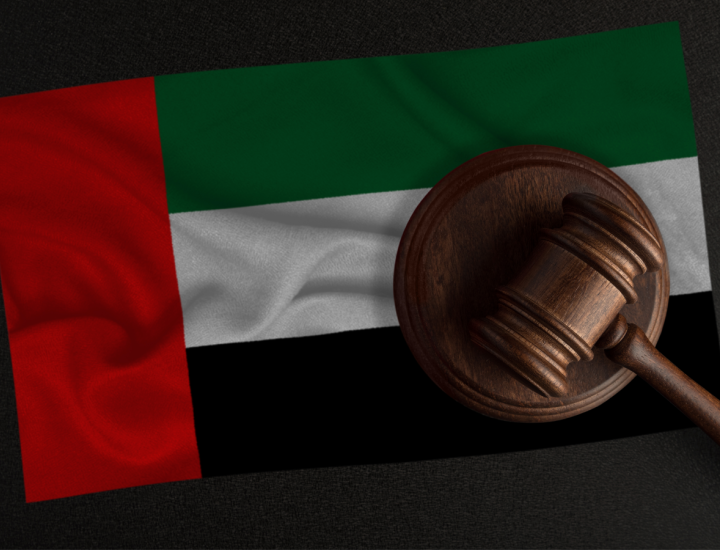
The Legal System in the United Arab Emirates
The legal system in the United Arab Emirates is considered one of the most advanced and balanced in the region, skillfully combining tradition and modernity. It is committed to protecting both individual and community rights within a flexible and evolving legal framework. This diversity in sources of legislation—from Islamic Sharia, which informs personal status laws, to civil laws inspired by international legal schools, along with customary practices and principles of justice—grants UAE law exceptional flexibility in adapting to social and economic changes. The integration of these sources ensures that legal rulings align with religious and local values while also meeting global standards, thereby enhancing the confidence of both investors and residents.
A Dynamic Legislative Updating Mechanism
To keep pace with rapid developments locally and globally, the UAE adopts a dynamic legislative updating mechanism that enables substantial amendments to be made quickly and efficiently. In recent years, new laws have been enacted to combat discrimination and hate speech, protect personal data, and introduce significant reforms in penal and personal status laws to include broader segments of society, including non-Muslim residents. These updates reflect the state’s commitment to balancing respect for individual freedoms with the maintenance of public order, and they demonstrate a clear effort to foster a fair and stable legal environment that meets the evolving needs of society.
Comprehensive Guarantees of Rights and Freedoms
The UAE legal system is not limited to legislation alone—it also ensures broad protection for fundamental rights and freedoms. Legislators have crafted precise legal texts to safeguard the right to privacy, bodily integrity, and personal property, while guaranteeing fair trials under a framework of prompt justice. The state has enacted strict laws to penalize domestic violence, criminalize human trafficking, and prohibit all forms of discrimination. Additionally, programs have been launched to protect labor rights and provide legal mechanisms to ensure that workers receive their entitlements in a timely manner. These comprehensive safeguards demonstrate the UAE’s serious approach to applying the principles of human rights and its ability to protect both individuals and society as a whole.
A Structured and Effective Judicial System
The UAE’s significant advancements in judicial infrastructure form a crucial pillar of its legal system’s effectiveness. The court system is structured into multiple levels: primary courts, courts of appeal, and the court of cassation. This hierarchy allows for the review of judgments and ensures fairness for litigants. Such judicial layering provides a mechanism to correct legal errors and establish precedents that unify legal interpretations, thereby reinforcing trust in the integrity and transparency of the justice system.
Commitment to Human Rights at National and International Levels
Internationally, the UAE has shown a strong commitment to human rights by signing several international agreements and launching the National Human Rights Institution, which monitors violations and proposes policy improvements. The state also conducts widespread awareness campaigns on child rights, domestic violence, and labor rights, striving to achieve a delicate balance between safeguarding public security and preserving individual freedoms.
The UAE’s legal system represents a unique model of harmonizing tradition with modernization and demonstrates the ability of legislation to adapt to change without losing its cultural and religious identity. This careful balance among various elements—Sharia, civil law, custom, and justice principles—makes the UAE’s legal framework one of the most prominent in the region for protecting rights and fostering an environment of justice and human dignity for all.
No comments yet, your opinion matters!
Be the first to share your thoughts and kickstart the conversation. We can’t wait to hear what you think!